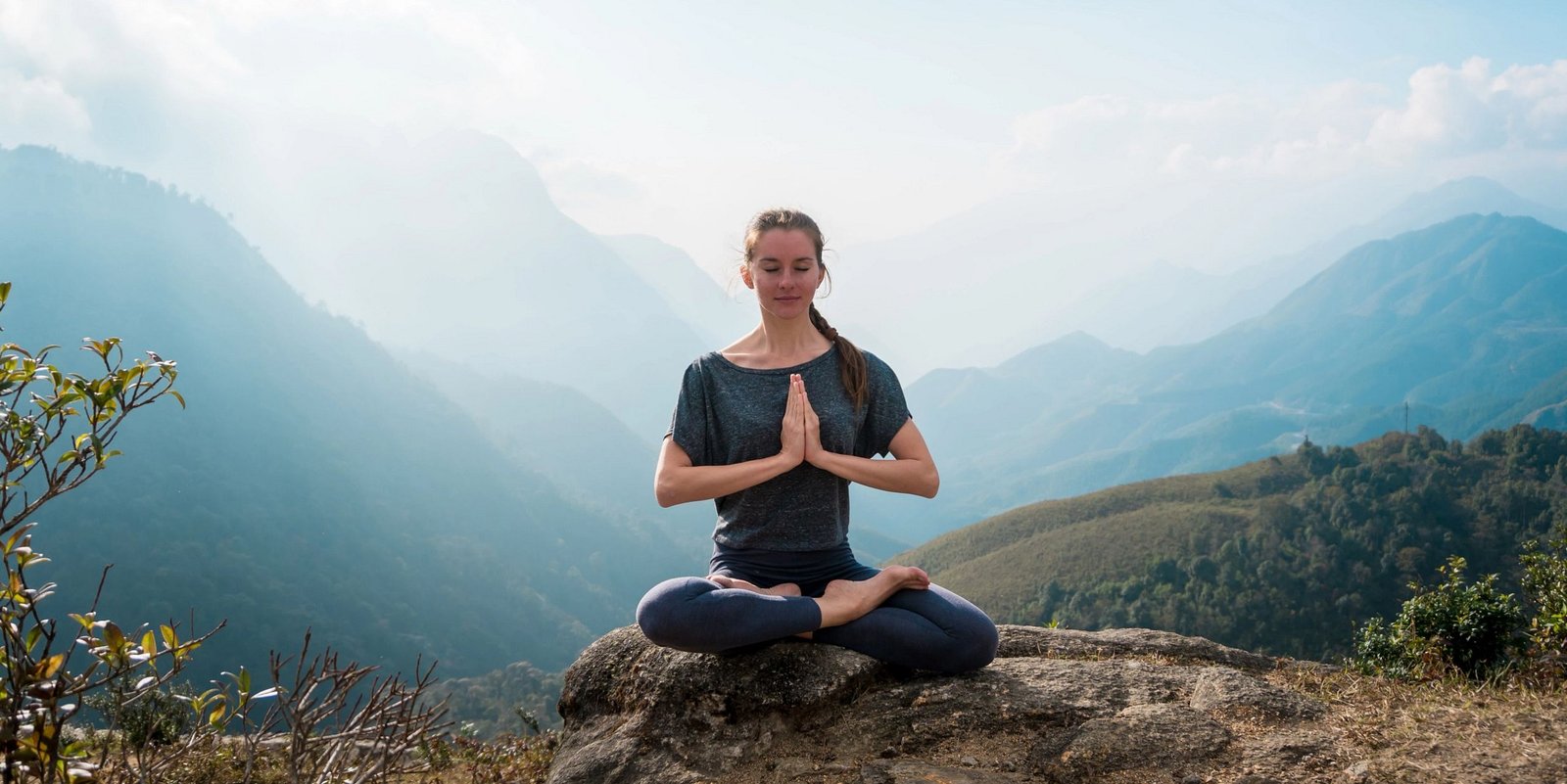How to practise mindfulness every day
Mental healthPhysical healthArticleJune 8, 2022
Mindfulness is being able to be in the present, rather than dwelling on the past or future. It’s a self-awareness practise and, while it’s been part of many cultures for thousands of years, it’s only recently entered mainstream modern life. When you’re mindful, you’re able to control your own attention and be present only in the activity you’re undertaking. It’s a skill – and, like any skill, requires some training.
When you’re mindful, you’re able to control your own attention and be present only in the activity you’re undertaking. It’s a skill – and, like any skill, requires some training.
Why be mindful?
Mindfulness can be applied to every part of your life, from your personal life, parenting and hobbies to your work and being a mindful team member or leader. Here’s why it’s wonderful:
Experience less stress
Mindfulness can help you stop and consider the things you’re saying yes to. “The brain doesn’t have the same stop mechanism as the body,” explains LifeWorks psychologist Rebecca Henshall. “It’s only when we give our brains a break, through things like mindfulness and meditation, that we realise we have too much on and it can give us that perspective. And without that perspective, it’s hard to say no to additional things, because we’re on that treadmill.”
Be more productive
Many of us operate on auto-pilot, day in, day out. We race from one task to the next without any real awareness of the moment we’re in. We feel guilty about the past, worried about the future, and, in the meantime, we’re flitting through the present. It’s time to forget multi-tasking; experts are now realising focusing on one task at a time can be more beneficial for your productivity. It’s also better for your brain.
Improve your mental health
Mindfulness is a powerful tool in the prevention and treatment of mental health conditions such as depression and anxiety. In the five ways to wellbeing, mindfulness is described as important for improving your mental state. Mindfulness helps you choose your behaviours and actions in line with your interests, needs and values.
How to practise mindfulness
Start slow
Don’t expect you can start practising mindfulness with a constant
self-awareness. Like any other skill, it can take time to train yourself.
“Even just a minute, a couple of times a day, will have a positive
impact on you zoning back in on what’s going to get you through the rest
of the day,” Henshall says. These small steps are a great way to start,
and you can build up your mindfulness over time.
Breathe deeply
At a few points during your day, stop and just breathe. Take five deep breaths
in and out, and feel your breath travelling through your body. It’s
amazing how such a simple action can help centre you in the present and make
you feel calmer and more in control. If you’re forgetting to do this,
incorporate it into your day by taking your deep breaths each time you go to
the bathroom, during your breaks, or you can set an alarm to remind yourself.
Choose tasks wisely
The tasks you choose need to be meaningful enough to help you focus on what
you’re doing, and not thinking or worrying about other things.
Use your senses
Your five senses – sight, sound, touch, taste and smell – are a
great mindfulness starting point. Paying attention to these helps put you into
the moment and focus on your surroundings, yourself and your thoughts.
Download an app
Mindfulness is a form of meditation, so
any reputable related program is going to give you benefits. Try
Smiling Mind, or its partner
Mind the Bump
for expectant parents, or
Headspace. There are also programs like
Mindful in May, that offer expert tuition in conjunction with fundraising.
Start early in your day
There are opportunities as you
get ready that can put you into a good mindfulness habit for the day ahead.
For example, as you take a shower you can practise being aware of the actions
you’re taking, and while you commute to work you can try focusing your
mind on being present only in that moment.
Persist
At first, it’s hard to slow your mind and focus on the present. You
might find your mind wandering (which is normal and perfectly okay), or
perhaps you find it difficult to stop without worrying about all the things
you ‘should’ be doing. Seek some help via an app, a program or
tuition, and persist.
Sources:
Book: Finding Flow: The Psychology of Engagement with Everyday Life (2007), by
psychologist Mihaly Csikszentmihalyi
https://hbr.org/2014/11/your-car-commute-is-a-chance-to-practice-mindfulness
http://www.superfriend.com.au/individuals/tips-for-good-mental-health/5-ways-to-wellbeing
This article was provided by SuperFriend, a national mental health organisation helping workplaces improve mental health and wellbeing for their employees and customers.
